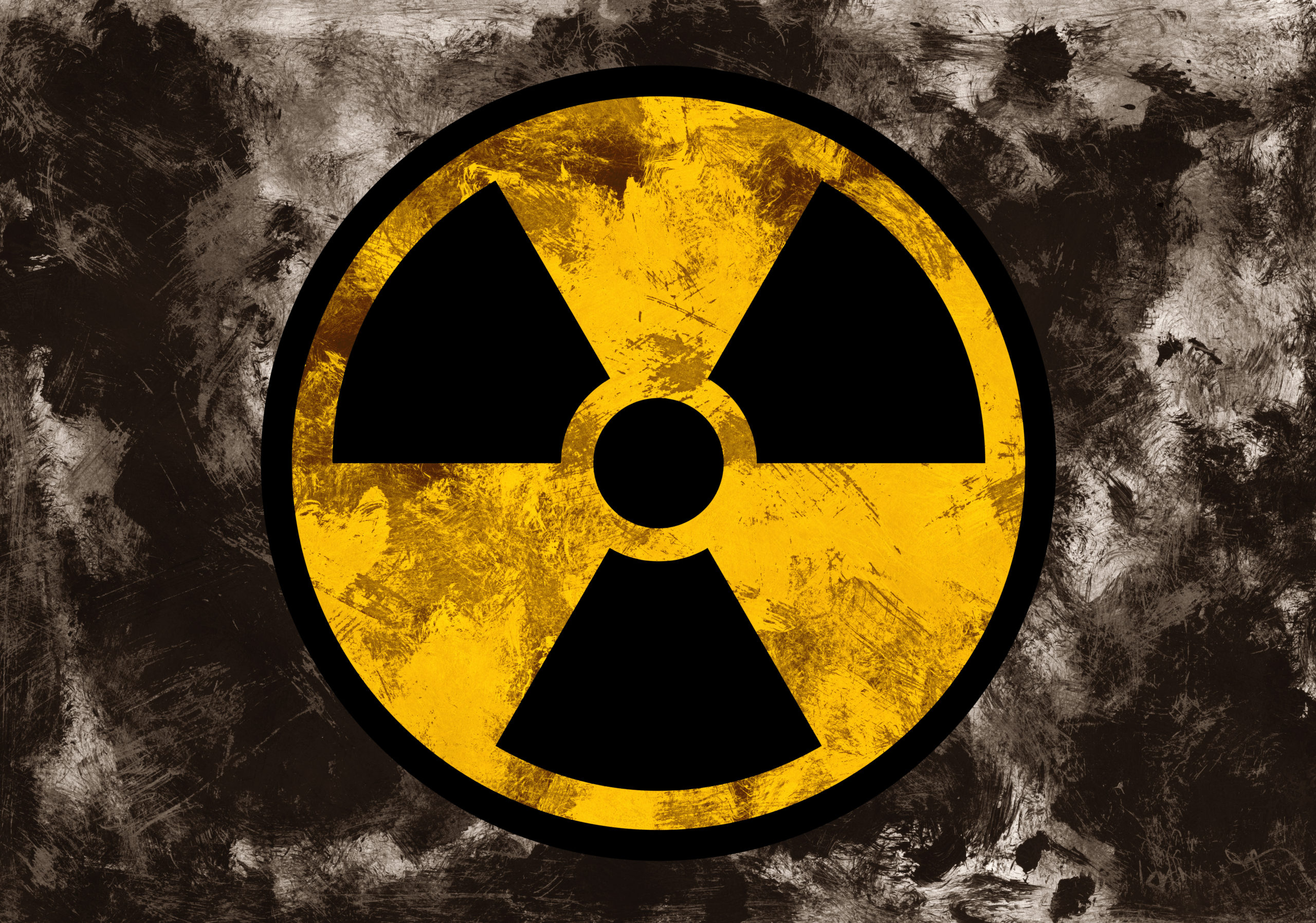
Table Of Contents
Lead Exposure During Military Service
A number of U.S servicemen with unexplained symptoms such as impaired concentration, anger, irritability, and impulsivity, as well as physical problems such as high blood pressure, peripheral neuropathy and low sex drive, have chronic lead poisoning according to a report in the New York Times in April.
What is Lead?
Lead is a naturally occurring metal element found in small amounts in the earth’s crust. While there are some beneficial uses to lead, it can be toxic to humans and animals, causing long term health effect. Due to this, lead use has decreased dramatically in gasoline, ammunition, paint, ceramics, caulking, and pipe solder. However, it is still used in the production of batteries, metal products, devices to shield x-rays, artillery, ammunition, etc.
Veterans Exposure to Lead
Lead exposure is a known hazard of military service. Lead exposure in the U.S military can occur on firing ranges, during military operations and while working and living in environments where lead is common. This includes military bases in cases of lead abatement and repair work or in countries such as Afghanistan and Iraq, where leaded gasoline is still used.
Service members can inhale lead or ingest it by firing weapons or eating, drinking, smoking, or chewing tobacco on ranges. If lead is absorbed it remains present in the bloodstream for up to a month and remains in soft tissue for 90 days. It is then absorbed into bones and with additional exposure the levels can increase. Once it is in the bone, it can leach back out into the blood stream.
Veterans and Chronic Lead Poisoning
Since 2012, around 40 service members have been tested for chronic lead poisoning at Mount Sinai Medical Center. Of those, approximately a dozen have measured bone lead levels higher than what is considered normal. In addition, dozens more service members have been treated at Cleveland Clinic’s Center for lead poisoning.
A diagnosis of chronic lead poisoning is extremely debilitating and life changing. Symptoms of chronic lead poisoning can go unexplained or mimic traumatic brain injury or PTSD. Some of the most common symptoms include:
- Impaired concentration
- Anger
- Anxiety and impulsivity
- Depression
- Memory loss
- Fatigue
- Irritability
- Tremors
- Weakness in fingers, wrists or ankles
- High blood pressure
- Low sperm count and miscarriage
- Peripheral neuropathy
- Damage to the brain and kidneys
- Anemia
VA Disability Compensation for Lead Exposure
Veterans may file a claim for disability compensation for health problems they believe are related to lead exposure during military service. However, there is currently no presumption of exposure or service connection for lead exposure. This means that veterans have to file for service connection on a direct basis.
Veterans Help Group have been supporting veterans in getting the benefits they deserve since 1995. If you or a loved one served, and believe you may suffer from chronic lead poisoning, we are here to help. Call Veterans Help Group at 855-855-8992 or complete our free veterans benefits case evaluation form.

VA Disability Benefits and Tax Exemptions: What You Should Know
VA Disability Benefits and Tax Exemptions: What You Should Know Written by: Schuyler Swanton,...

Veterans Help Group In The Community
Veterans Help Group in the Community Written by: Bobbi Boudi, Director of Community Outreach, Amy...

The Veterans Appeals Efficiency Act of 2025
The Veterans Appeals Efficiency Act of 2025 Several bills are currently pending in Congress that...





